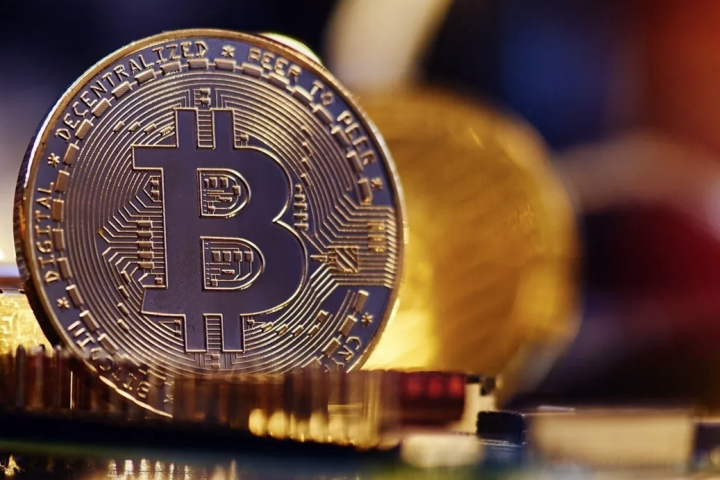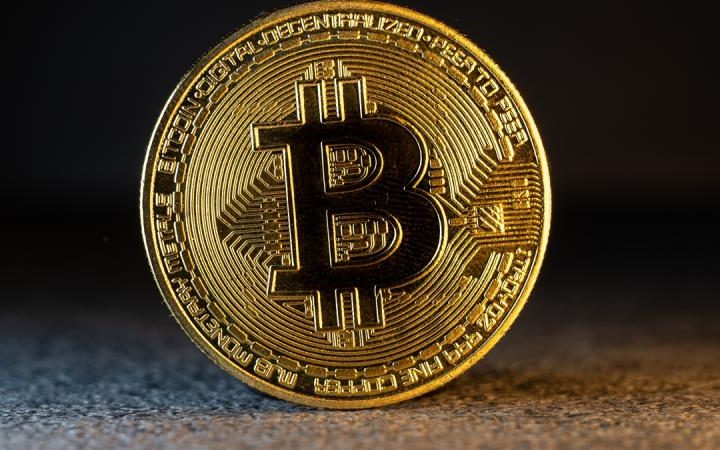Nigeria has taken a bold step in blocking access to major cryptocurrency exchanges like Binance and Coinbase, citing the need to protect the national currency, the naira. This move comes amidst concerns that cryptocurrencies are contributing to the naira’s devaluation and undermining the central bank’s control. However, the decision has sparked debate, raising questions about its effectiveness and potential impact on financial inclusion and innovation.
Key points:
- Government’s justification: Authorities claim crypto exchanges facilitate currency speculation and harm the naira.
- Affected platforms: Binance, Coinbase, OctaFX, and others reportedly facing restrictions.
- Nigerians’ perspective: Crypto seen as a hedge against inflation and devaluation.
- Binance’s response: Confirms access issues for some Nigerian users.
- Global context: Binance under scrutiny for regulatory violations elsewhere.
- Wider implications: Potential impact on financial inclusion and innovation debated.
The story unfolds:
- Local reports indicate the Nigerian Communications Commission ordered the block.
- Presidential spokesman confirms the directive, targeting major platforms.
- Binance acknowledges user access issues but Coinbase remains accessible (as of Thursday).
- Naira’s recent plunge to a record low adds fuel to the debate.
- Authorities accuse crypto platforms of manipulating the currency.
- Binance faces global scrutiny for regulatory violations.
- Crypto crash of 2022 prompts increased regulatory efforts worldwide.
The debate continues:
- Effectiveness: Can blocking access truly curb crypto activity and protect the naira?
- Impact on Nigerians: Will it limit access to financial tools and hinder innovation?
- Alternative solutions: Can regulations achieve the desired outcomes without stifling progress?
This situation highlights the complex challenges surrounding cryptocurrency regulation, particularly in developing economies. Nigeria’s decision will be closely watched, with potential implications for other countries navigating similar dilemmas.





